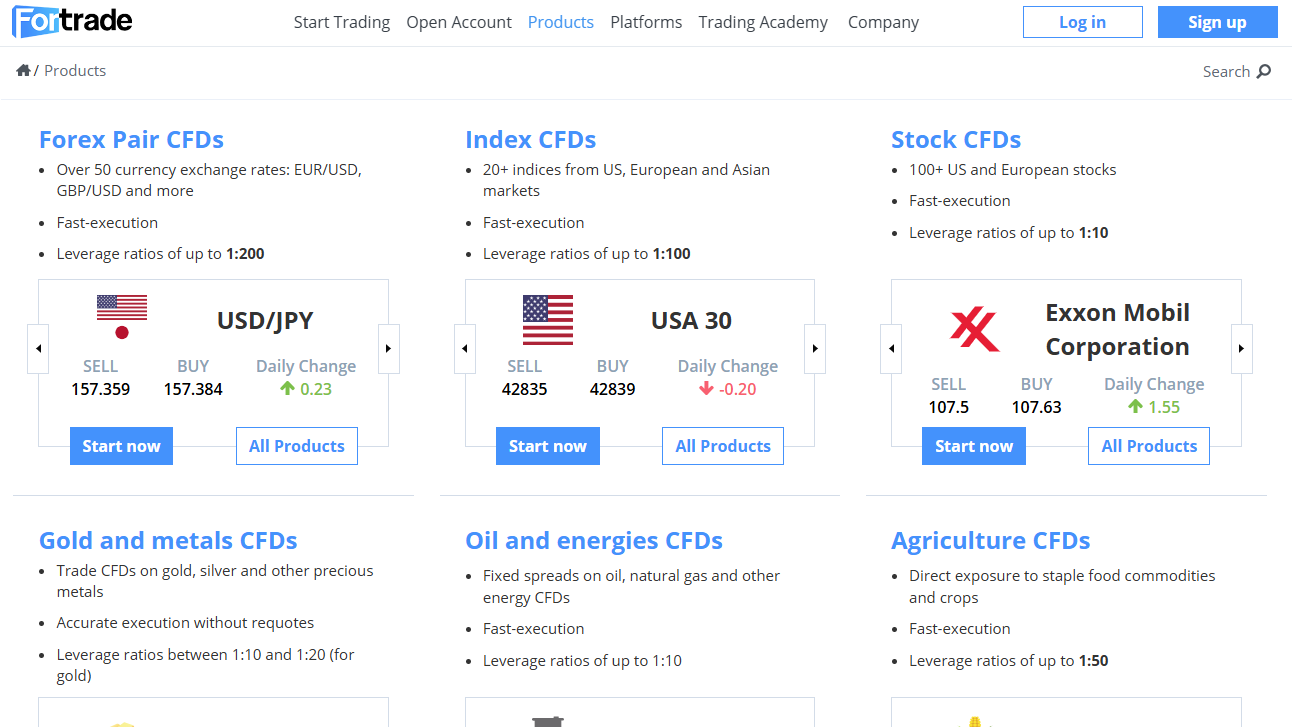How to Choose the Right Forex Broker
When I first got into trading commodities, I started with demo trading. It was a safe way to learn without risking real money. But eventually, I wanted to take the leap and trade with a live account. This meant answering an important question: How do I choose the right forex broker?
If you’re at this stage, you’re probably wondering the same thing. With so many brokers out there, it can feel overwhelming. Here’s a simple process to help you pick the best forex broker for your needs.

Step 1: Check Broker Reviews
Start by looking at broker review websites. These can give you an idea of a broker’s reputation. Focus on brokers with ratings of 4 stars or higher from a large number of reviewers. Avoid brokers with only a handful of reviews, as the ratings might not be reliable.
Tip: Websites like SBI provide an overview of broker ratings. While reviews may vary, a solid average rating is a good sign.
Step 2: Verify the Brokers Regulation
Regulation is the most important factor when choosing a broker. A regulated broker is monitored by a government authority to ensure they follow strict guidelines. This protects your money and ensures fair trading practices.
To check if a broker is regulated:
- Visit their website and scroll to the footer. Regulated brokers usually display their license details.
- Double-check this information on the regulatory agency’s website if you’re unsure.
Examples of reputable regulatory agencies:
- USA: NFA and CFTC
- UK: FCA
- Australia: ASIC
Step 3: Look for Longevity in a Broker
Choose a broker with a proven track record. Ideally, they should have been in business for at least 5 years. This shows they’re stable and experienced. Avoid new brokers, as they might not have established their reputation or systems yet.
Why it matters: A well-established broker is less likely to shut down unexpectedly or mishandle your funds.
Step 4: Consider Brokers Location
The broker’s location matters because some countries have stronger regulatory frameworks than others. Countries like the USA, UK, and Australia have strict compliance rules, which ensure better protection for traders.
Be cautious with brokers registered in offshore locations like Seychelles or Vanuatu. While not all offshore brokers are bad, their regulatory standards may be less robust.
Step 5: Test Broker Withdrawals
A good broker makes it easy to deposit and withdraw your funds. Unfortunately, some brokers excel at accepting deposits but create hurdles when you want to withdraw your profits.
What to do:
- Start small. Deposit an amount you’re comfortable risking.
- Trade for a while, then attempt to withdraw your profits.
If the process is smooth, that’s a green light to proceed with larger deposits.
Step 6: Choose the Right Trading Platform
Your trading platform is your gateway to the markets. It should be user-friendly, reliable, and equipped with the tools you need. Many brokers offer the popular MetaTrader 4 (MT4) platform, known for its ease of use and robust features.
Key considerations:
- Does the broker provide the platform for free? Avoid brokers that charge platform fees.
- Are you familiar with the platform, or does it offer a demo to learn?
Step 7: Assess Trade Execution
Fast and reliable trade execution is crucial, especially if you’re a scalper or active trader. When you place a trade, the broker should execute it at the price you see or as close to it as possible under normal market conditions.
What to do:
- Open a small live account and test the broker’s execution speed.
- Ensure there are no excessive delays or slippage.
Step 8: Test Brokers Customer Service
Good customer service can save you a lot of headaches. Test the broker’s support by:
- Sending them an email with questions and noting their response time.
- Calling their hotline to assess how helpful and responsive they are.
Summary: The 3 Most Important Factors in Choosing a Broker
Out of the 8 steps listed above, these three are the most critical:
- Regulation: Ensure the broker is regulated by a reputable authority.
- Longevity: Choose a broker with at least 5 years of experience.
- Location: Prefer brokers based in countries with strong regulatory standards.
If these conditions are met, the rest will likely fall into place.